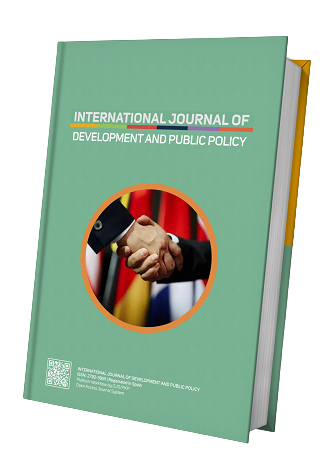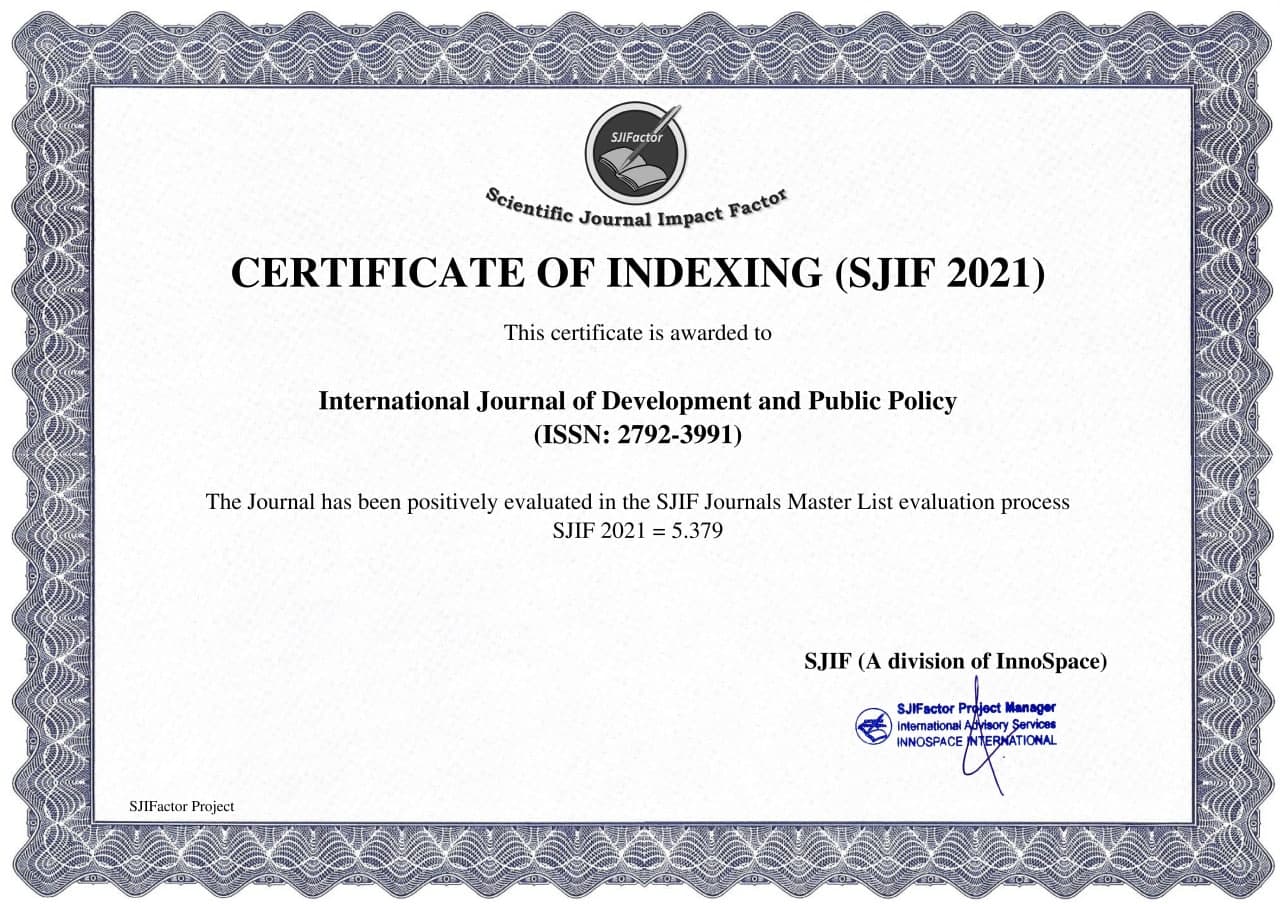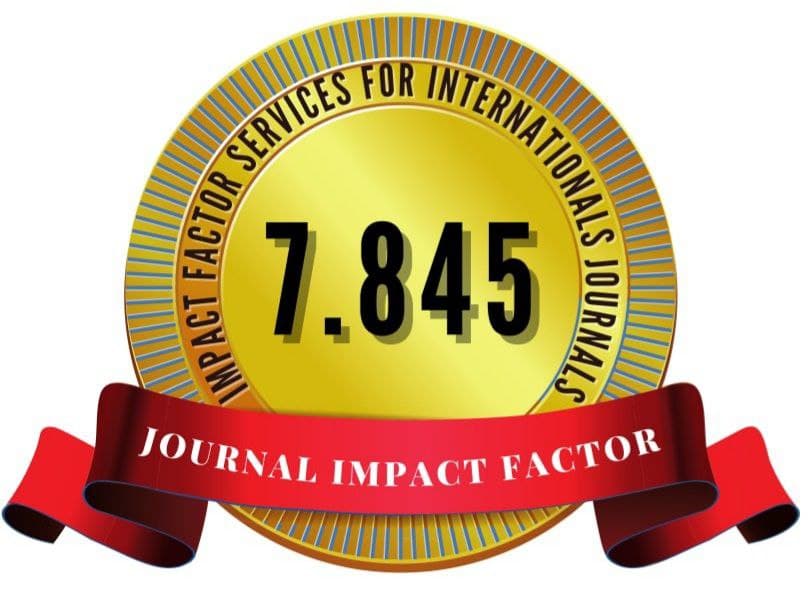The Taliban and the Political Economy of International Terrorism in Afghanistan
Keywords:
Taliban, Political Economy, International, TerrorismAbstract
The internal and external dynamics which led to the seizure of Kabul by the Taliban underpins issue of international politics of aids, drug trafficking and terrorism leading to a challenged sovereignty of the Afghan state,while the US led military intervention underscores political interest to which the Afghan economic strangulation seems a focus of the capitalist US foreign policy in the Asia minor. This study interrogates the Taliban and the political economy of international terrorism in Afghanistan while explicating the extenuating circumstances to its emergence. The objectives of the study included the examination of the global war on terror in view of the existing Afghan economic structure tie to opium trade. To do this, the research appropriated theory triangulation via the assumptions of the Failed State Theory of HerbstandJeffrey (2004), Erriksen (2011), the Relative Deprivation of Gurr (1970), Berkowitz (1962) and Yates (1962) and the Political Economy of Ake (1981) and Ekekwe (2009). The ories assumptions see the intervention in Afghanistan as smokescreen for drug trafficking and economic exploitation of the Afghan natural resources. The paper generated data from secondary sources such as textbooks, Academic Search Engine, UN fact file. The methodology for the study is historically descriptive in design and qualitative in data collection. Using content analysis the paper historicized the emergence, character, politics, influence, degree of legitimacy of the Talibanand the vulnerability of the Afghan citizens to argue that the impact of the crisis in Afghanistan such as migration, food insecurity, infrastructural destruction, housing, livelihoods, health, security, and education is as complex as they are multidimensional linked to the US led military intervention in2001. The paper further argues that the intervention has not moderated the trilemma of governance deficit, underdevelopment and insecurity that snowballed into the implosion that characterises the recent takeover of Kabul by the Taliban. The paper insists that due to the weak character of the Afghan state under the Taliban, the influence of multifarious global Political Economy variables and the implication on citizens’ vulnerability, it seems the end to the crisis is nebulous and concluded that the Afghan drug problem has no immediate solution except continued negotiation between the Taliban and the UNODC. The paper recommends amongst other solutions, the close monitoring of drug and arms trade to and from the regime to identify and sanctions states and other actors sponsoring international terrorism in Afghanistan.






